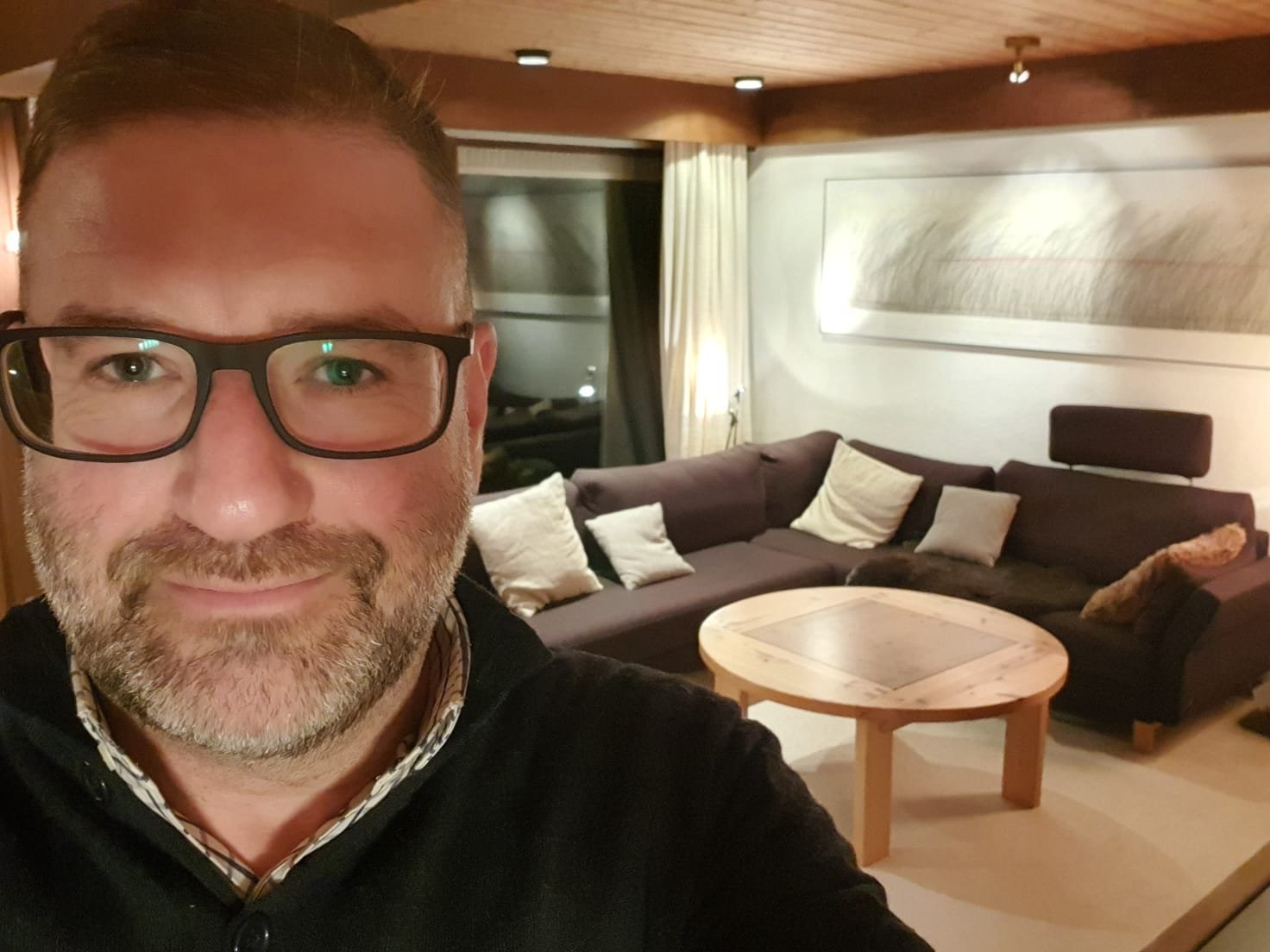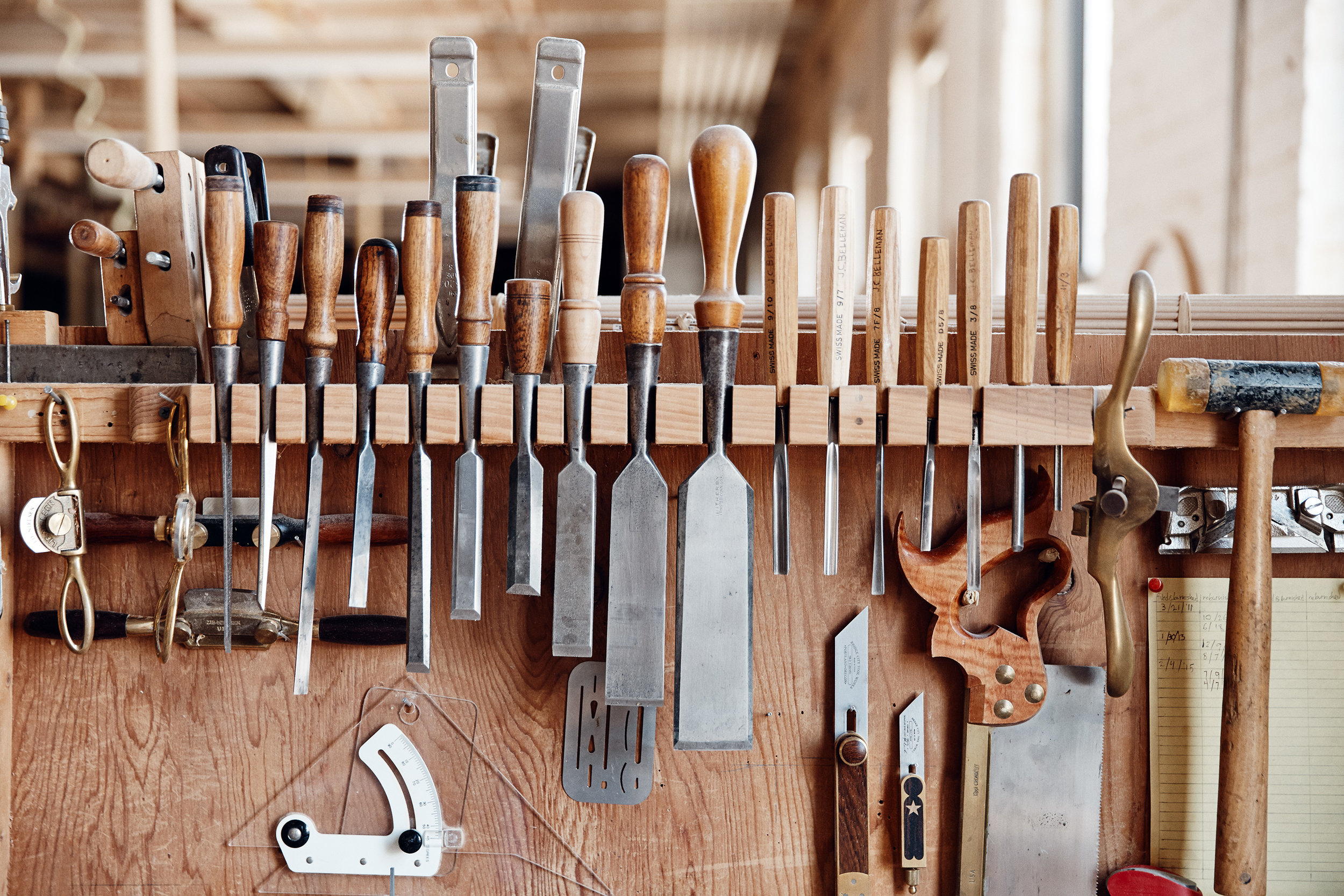Crafting the very best you

For over twenty years, I’ve counselled and guided people around the world. From teenagers to seniors and all in between, I’ve helped people from many backgrounds and walks of life to achieve their goals of living a better life.
Every counselling experience should be one of compassion, sensitivity and understanding. It should be a positive experience that brings you clarity and direction. I will ensure that your journey with me does not feel clinical or cold and I will help you work towards your goals.

For many people, the idea of seeing a counsellor can be daunting and intimidating. So what exactly happens when you see a counsellor?
In your first session, you can expect to discuss what has brought you to this point, your medical and other background information. Like all information shared, this discussion is confidential and non-judgemental.
It will be an opportunity to see if you feel that you can develop a good rapport with the counsellor, and if they can help you with what you want to achieve.
If you decide to proceed, together you and your counsellor will draw up some ground rules, a treatment plan, and a crisis plan (if you feel it is required).
Remember, counselling is a team effort. If you don’t take an active part in the session, you won’t find the counselling experience valuable. Here are some things you can do to make your first session as successful as possible.
Be open. Therapists are trained to ask the right questions, but they’re not mind readers. The therapist can do their job more effectively, if you answer the questions openly and honestly.
Be prepared. Before you get to the session, know how to describe “What’s wrong,” and to describe your feelings about your challenge. One way to prepare is to write down the reasons why you’re seeking help. Make a list and then read it out loud. Hearing yourself say it a few times will help you describe things more clearly to the therapist.
Ask questions. The more you understand the counselling experience or how counselling works, the more comfortable you’ll be. Ask questions about the therapy process, and ask the therapist to repeat anything you don’t understand.
Be open and honest about your feelings. A lot will be going through your head in this first session. Listen to your own reactions and feelings, and share them with the therapist. You will not receive ANY judgement but will be treated with respect and your own space to discuss what you feel is important. You’ll both learn from these insights.
Be sure to go to your first session with realistic expectations. Therapy is not a quick fix – it is more of a working progress. With some effort on your part and a strong relationship with your therapist, it can be a successful tool towards resolving challenges.
Book a Consultation
Come and see me and see what we can achieve together.